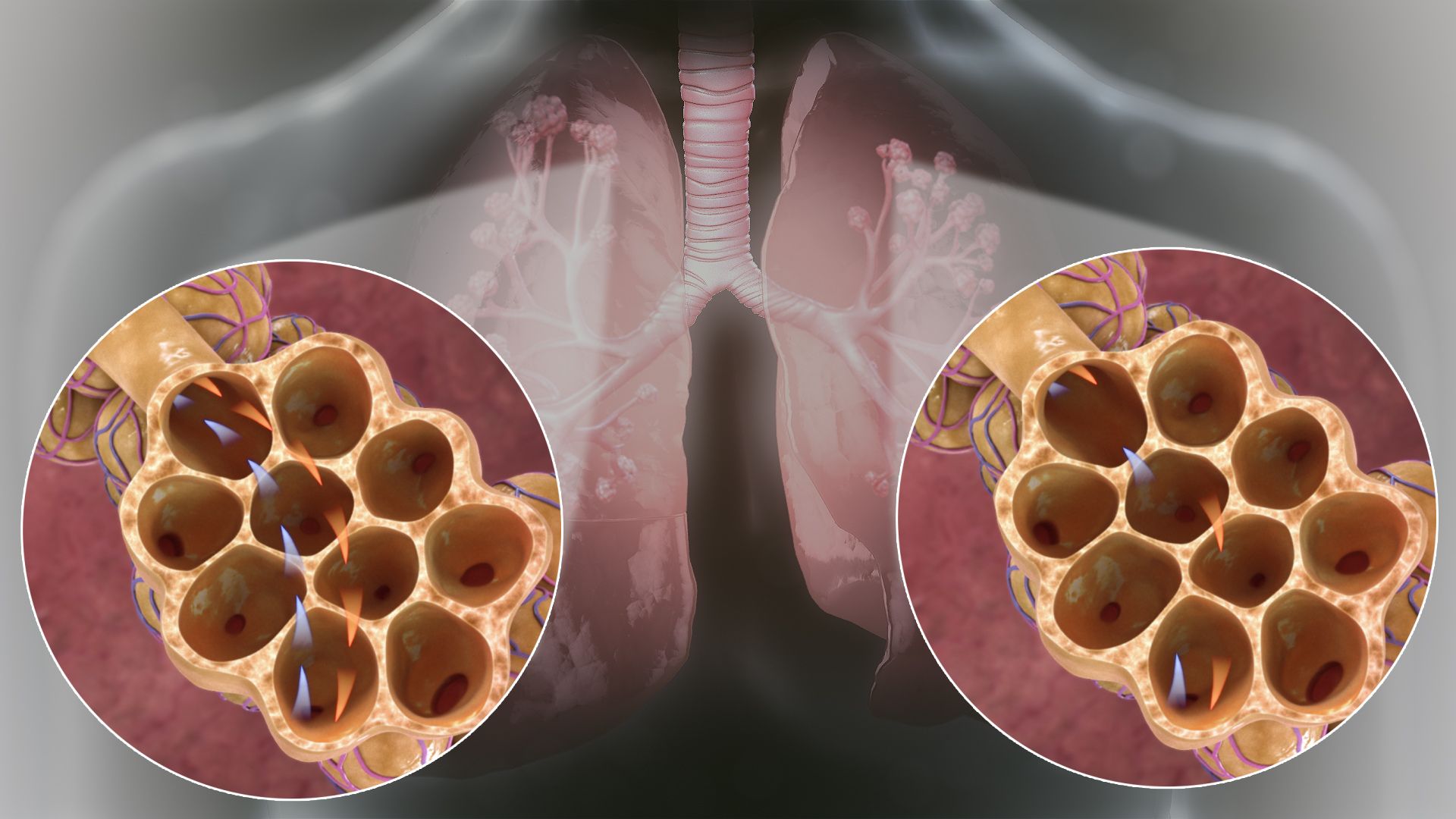What is a Cough?
What is a Cough?
A cough is your body’s response when something irritates your throat or airways. An occasional cough is normal and healthy. If you’ve ever had a tickle in your throat and coughed, that’s your body doing its job to keep you well!

Types of Coughs
Coughs can come in different forms and can tell you a lot about what’s going on inside your body:
- Dry Cough: This type is tickly and doesn’t produce phlegm. You might get it with a cold or after inhaling dust.
- Chesty Cough: This type helps clear mucus or phlegm from your airways. It’s like your body is trying to get rid of the gunk that’s stuck in there.
- Persistent Cough: If a cough lasts longer than three weeks, it’s considered persistent. Sometimes, it’s a sign of another condition, like asthma or acid reflux.
- Acute Cough: A cough that lasts up to three weeks but typically gets better on its own.
- Chronic Cough: A cough that sticks around for more than eight weeks could be chronic and might need a doctor’s attention.
What Happens When You Cough?
When you cough, your body is trying to clear your airways. You take a deep breath in, your vocal cords close momentarily, and the muscles in your chest and abdomen contract. This builds up pressure. Then, suddenly, your vocal cords open, and a burst of air rushes out of your lungs. This blast of air is what helps push out mucus or irritants that are causing the cough.
Why Do We Cough?
Clearing Irritants
Coughing is your body’s way of getting rid of stuff that shouldn’t be in your throat or lungs. That could be dust, mucus, or even a piece of food that went down the wrong way.
Fighting Infections
When you have an infection like a cold, your body produces more mucus. This mucus traps the germs. When you cough, you’re helping to move that germ-filled mucus out of your body.
Reflecting Underlying Conditions
Sometimes, a cough can be a sign that there’s something more serious going on. For instance, chronic coughs can be a sign of asthma, COVID-19, pulmonary embolism, chronic obstructive pulmonary disease (COPD), pneumonia, bronchitis, or even heart conditions.
Symptoms That Can Accompany a Cough
When you have a cough, you might also experience:
- A runny or stuffy nose
- Frequent throat clearing and sore throat
- A feeling of liquid running down the back of your throat (also known as postnasal drip)
- Chest pain
- Hoarseness
- Heartburn or a sour taste in the mouth
- Fever
- Wheezing and shortness of breath
- In more serious cases, coughing up blood
Treating a Cough
Home Remedies
For those pesky, uncomfortable coughs, there are a few things you can try at home to soothe your throat and calm your cough.
- Stay Hydrated: Drink plenty of fluids. Water is great, but warm teas or broths can also help loosen any mucus.
- Honey: A spoonful of honey can be a tasty and effective way to ease a cough. Add it to hot tea or lemon water.
- Humidifiers: Adding moisture to the air with a humidifier can make breathing easier and might help calm your cough.
- Steamy Showers: Breathe in the steam from a warm shower to help reduce coughing.
Over-the-Counter Medicines
- Cough Syrups and Drops: These can soothe your throat and sometimes help with your cough. Look for a cough medicine that’s right for your specific symptoms.
- Decongestants: If you have a stuffy nose, these can help reduce the mucus that might be causing your cough.
- Pain Relievers: If you’re sore from coughing, a pain reliever might help you feel better.
Prescription Medications
If you have a chronic cough or one caused by an underlying condition, your healthcare provider might prescribe something stronger:
- Inhalers: If you have asthma or other respiratory conditions, an inhaler can help reduce inflammation and ease coughing.
- Acid Blockers: If acid reflux is the cause, medications to reduce stomach acid can help.
- Antibiotics: Only if your doctor thinks a bacterial infection is the cause.
Lifestyle Changes
- Quit Smoking: If you smoke, quitting is the most reasonable thing you can do for a cough and your overall health.
- Elevate Your Head: When sleeping, extra pillows to prop up your head can help reduce coughing at night.
- Avoid Irritants: Perfumes, pollens, or dust can make your cough worse, so it’s good to steer clear of these where possible.
When to See a Doctor
Most coughs don’t require a visit to the doctor. However, you should get medical help if:
- Your cough lasts more than three weeks
- You’re coughing up thick, greenish-yellow phlegm
- You experience shortness of breath or wheezing
- Your cough is disrupting your sleep or daily activities
- You’re coughing up blood
A cough can be a simple body reflex or a symptom of something more complex. So, if your cough is sticking around for a while, or if it’s severe, it’s a good idea to get checked out. Always listen to your body because, after all, you know yourself best.






